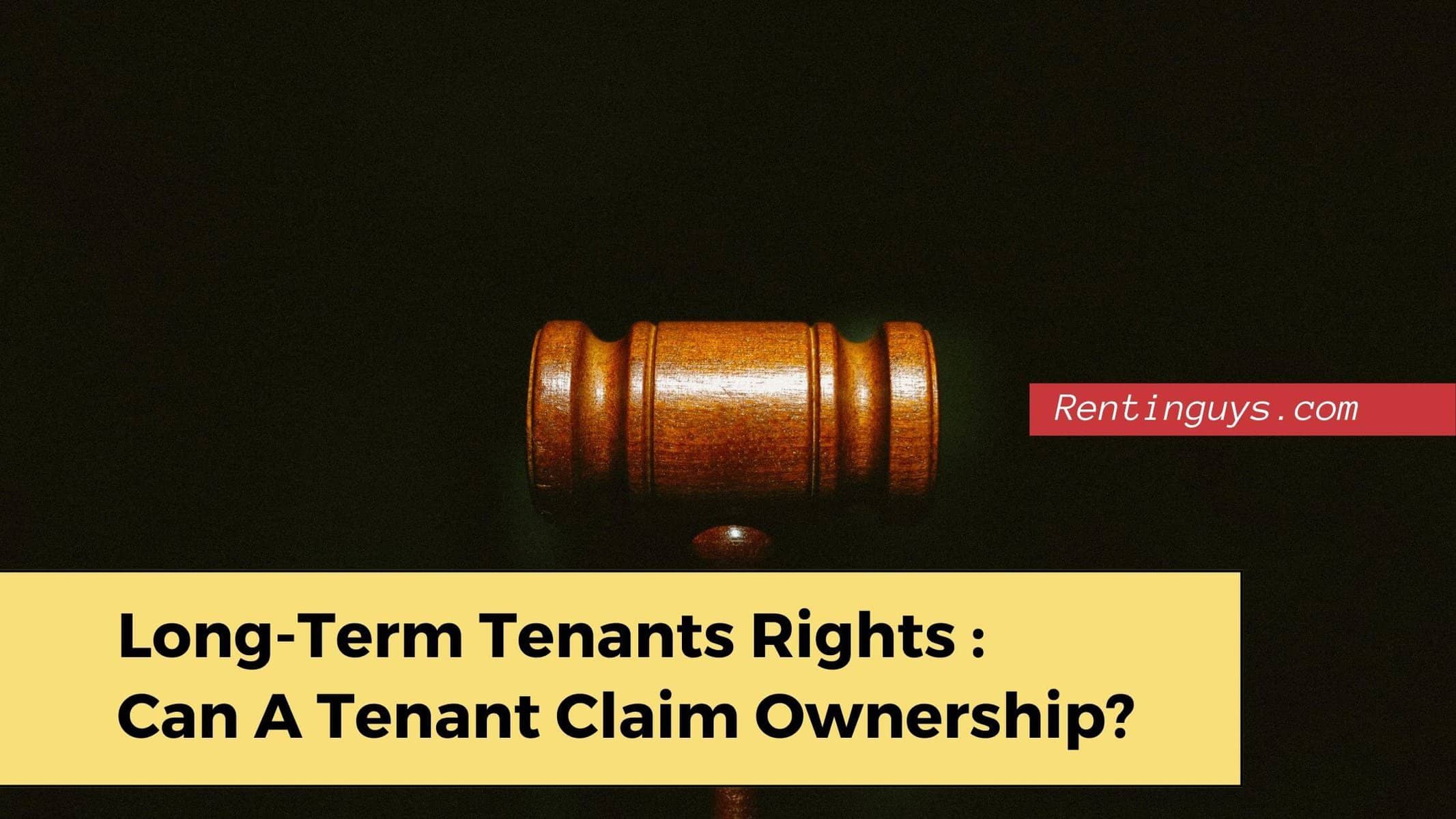“My landlord is a parasite”.
“My landlady is very unresponsive”.
“I have a very greedy landlord”.
“My landlord is evil and is trying to evict me without any reason”.
These are some statements we often hear in our daily conversations. Most of us have encountered at least one landlord, who made our lives difficult while living on their property.
But are all landlords the same?
Are they really bad and unethical and try to charge more from their tenants?
Are landlords necessary? What value do landlords provide?
Though most of us feel that landlords are unnecessary as they do not provide any service to society, it is a wrong notion.
Most landlords provide a valuable service of supplying housing to families that do not have the resources to own a home.
Landlords are hardworking people like any of us, who invest their spare money in buying real estate.
Apart from paying the mortgage, they spend money to maintain the house in a safe and habitable condition. It is natural for landlords to expect tenants to be responsible and ensure no damage to the property.
Landlords are often portrayed as being parasites because they charge rent from the tenants.
However, villainizing landlords is not justified as they are charging for a service they are providing, just like farmers sell their produce, grocers sell essentials and pharmacies sell medicines.
A society without landlords sounds perfect theoretically. There will be no rent to pay and there won’t be landlords to evict us. Everyone can get access to free houses to live in. But the reality is different.
- Without people investing in the property, builders will not build houses in the first place.
- The available apartments and homes will come down due to a lack of upkeep and maintenance.
- Utility companies will lose business as renters who do not pay rent will not pay for utilities as well.
- The government cannot maintain the civic infrastructure because there are no landlords to pay taxes.
- The property taxes will skyrocket as the entire burden will fall on the homeowners.
- Banks will lose their business as there are no new mortgages.
- At last, the entire economy will be affected if there are no landlords in society.
Are all landlords greedy?
No, all landlords are not greedy. There are many good landlords who understand and support their tenant’s in times of need.
Investing in rental properties is a business. Landlords are businessmen, who want to make a profit from their business. Most landlords invest in rental properties to build up their retirement funds or have a second source of income
Rent is the only source of income to meet all the property expenses and mortgage costs.
To be profitable, they have to generate revenue in excess of their taxes, maintenance and repair expenses, depreciation, insurance, and other expenses incurred to keep the property in a habitable and safe condition.
Market forces play a major role in determining the profit and loss of a landlord.
When the demand for housing is low, landlords are forced to rent their properties at a lower rent and suffer losses. So blaming them for charging higher rentals when the demand is high is not fair.
Expecting the landlords to charge rents based on their mortgage amounts is not logical.
There are many other factors that determine the rental value of a property. So, it is not true to say that all landlords are greedy just because they charge high rent.
Why are landlords evil and bad?
All landlords are not evil and bad. Landlords often impose strict restrictions on the use of the property to ensure the property is safe, which often makes them appear to be evil.
Most disputes between landlords and tenants occur due to miscommunication.
Tenants feel that the landlord is evil and bad while the landlords feel that the tenants are irresponsible and difficult. This miscommunication can be easily avoided by maintaining clear communication.
The renters should discuss their concerns with the landlord and work out a mutually beneficial solution.
If you have a pay cut or lost your job, speak with your landlord and ask for a deferred payment instead of refusing to pay the rent.
In the same way, landlords should discuss any issues or concerns with the tenants. If you suspect that the tenant has unauthorized guests, speak to the tenant in a smooth but stern manner.
Why do landlords get such a bad rep?
Landlords being parasites and leeches is a wrong stereotype.
Being a landlord is not immoral and unethical unless you harass the tenants by overcharging the rent or not maintaining the house or evicting them without a good reason.
Being a landlord is a risky proposition. Landlords face many risks such as changes in the market scenario, changing interest rates, unruly and irresponsible tenants, non-paying tenants, etc.
The steps taken by landlords to protect themselves and their rental property from these risks are responsible for the bad reputation.
- Landlords conduct credit checks to ensure that the tenant has a good record of paying rent and managing finances.
- They conduct background verification to make sure that nothing unethical or illegal happens at their house
- They impose strict rules to safeguard their rental property from damage
- They want you to take permission before decorating the house to ensure that the tenants do not cause permanent damage to the structure and exterior of the house.
- They charge high rent to cover the various expenses of owning and maintaining the rental property.
Most of the housing laws favor the tenants. In such circumstances, landlords want to safeguard their interests and capital by imposing certain regulations on how the tenants use the property.
Why are so many landlords terrible these days?
Landlords hit the headlines often for the wrong reasons. We don’t hear much about good landlords, who maintain their rental houses in good condition, are friendly with their tenants, and charge rents below the market value.
Tenants view landlords as terrible predators because they have a misconception that landlords pocket all the rent. However, the reality is landlords make very less profit after accounting for all the taxes, utilities, and expenses.
Due to the present economic situation, tenants get relief from paying rent and governments have imposed moratoriums on evictions.
However, the landlords have to still pay for the utilities, maintenance, and taxes as they cannot forgo their responsibilities. This becomes an additional burden on the landlord, who is forced to draw from the reserves to pay these expenses.
Landlords have tightened their screening process to protect themselves from non-paying tenants.
They conduct strict credit and background checks and scrutinize the prospective tenants to choose a responsible tenant, who can pay rent on time.
All these actions make them terrible in the eyes of renters.
Conclusion
Tenants feel that landlords are greedy as they get paid for doing nothing.
Landlords feel that the renters are greedy for not paying rent for the service they have utilized.
Most renters fail to understand that owning a property involves certain costs.
Landlords are not investing in properties to provide free housing. They want to profit from the business. Landlords account for all the expenses and charge a rent amount in line with the market value.







